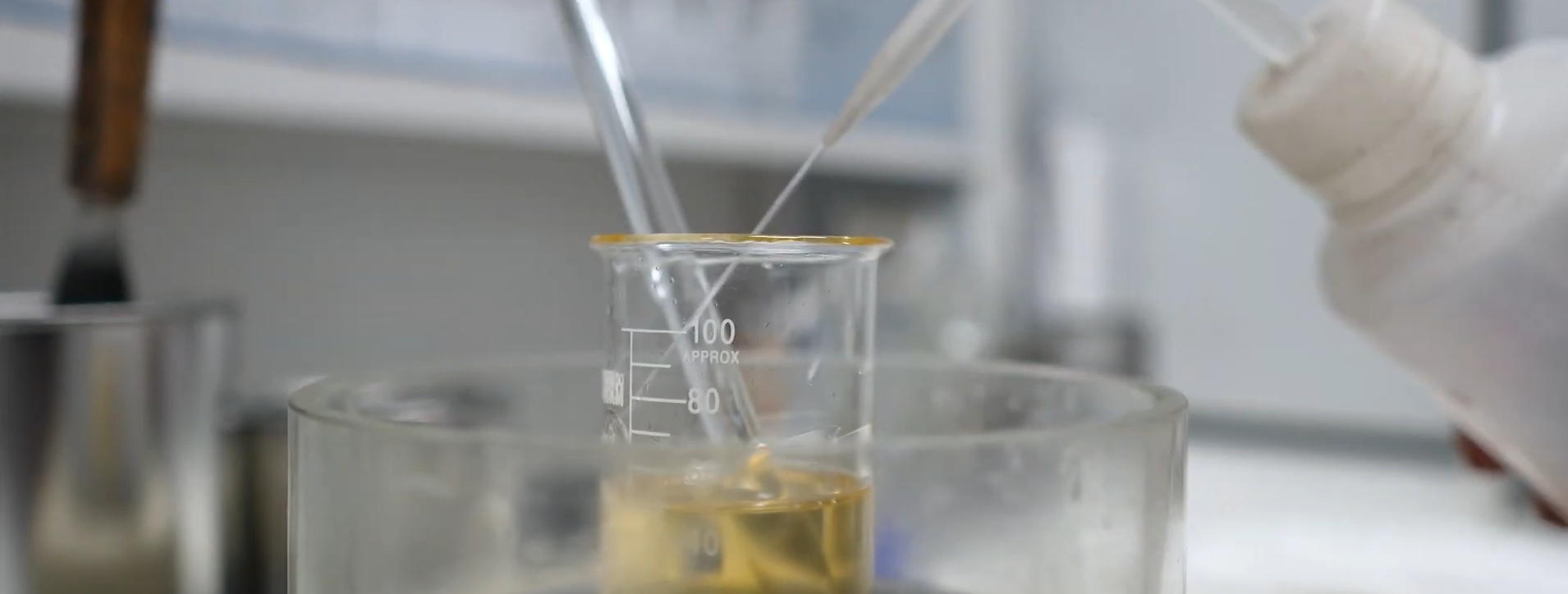
Alkyd resins have been a fundamental component of the paint industry for many years, serving the sector with durability, aesthetic appearance, and a wide range of application areas. Widely preferred in both industrial and household use, these resins stand out for their longevity and resistance. So, what is the history and evolution of alkyd resins? How are they used today? And what does the future hold for them? Let's explore these questions:
The History and Development of Alkyd Resins
The history of alkyd resins dates back to the early 20th century. Initially developed for use in exterior paints, automotive, and industrial coatings, these resins are derived through chemical reactions between organic acids and alcohols. Their high strength, durability, and low production costs made them an attractive option for the paint industry.
One of the biggest advantages of alkyd resins is their ability to integrate easily into formulations and provide diverse applications. These resins can be applied flawlessly to various surfaces like wood, metal, and concrete. Their ability to endure harsh weather conditions while providing long-lasting results made them highly valuable for exterior applications.
Current Uses of Alkyd Resins
The popularity of alkyd resins continues today, especially in applications such as exterior paints, automotive coatings, industrial surface paints, wood finishes, and even marine coatings. Alkyd resins are particularly ideal for outdoor use due to their drying time and hardness. They also offer aesthetic qualities such as gloss and vibrant colors, ensuring that painted surfaces retain their fresh look for longer.
Environmental Innovations and Sustainability
In recent years, many innovations have been developed to make alkyd resins more environmentally friendly. To reduce Volatile Organic Compound (VOC) emissions, alkyd resins have been formulated to align with water-based systems, leading to more eco-friendly and healthier production processes. Additionally, biodegradable alkyd resins have emerged as a sustainable alternative.
The Future of Alkyd Resins
Looking ahead, alkyd resins are expected to become more eco-friendly and performance-driven. Strengthened with nanotechnology and bio-based materials, new-generation alkyd resins will provide even more durable and long-lasting coatings. Furthermore, bio-based alkyd resins will replace petrochemical-derived chemical components, contributing to sustainability and offering a more natural alternative.
Conclusion
Alkyd resins continue to meet both the aesthetic and functional requirements of paints, evolving as a key technology in the industry. With innovations focused on environmental friendliness and sustainability, alkyd resins' role in the paint sector is poised to grow significantly. With the benefits they offer in both industrial and household applications, alkyd resins will continue to have a lasting impact on the paint industry for years to come.



